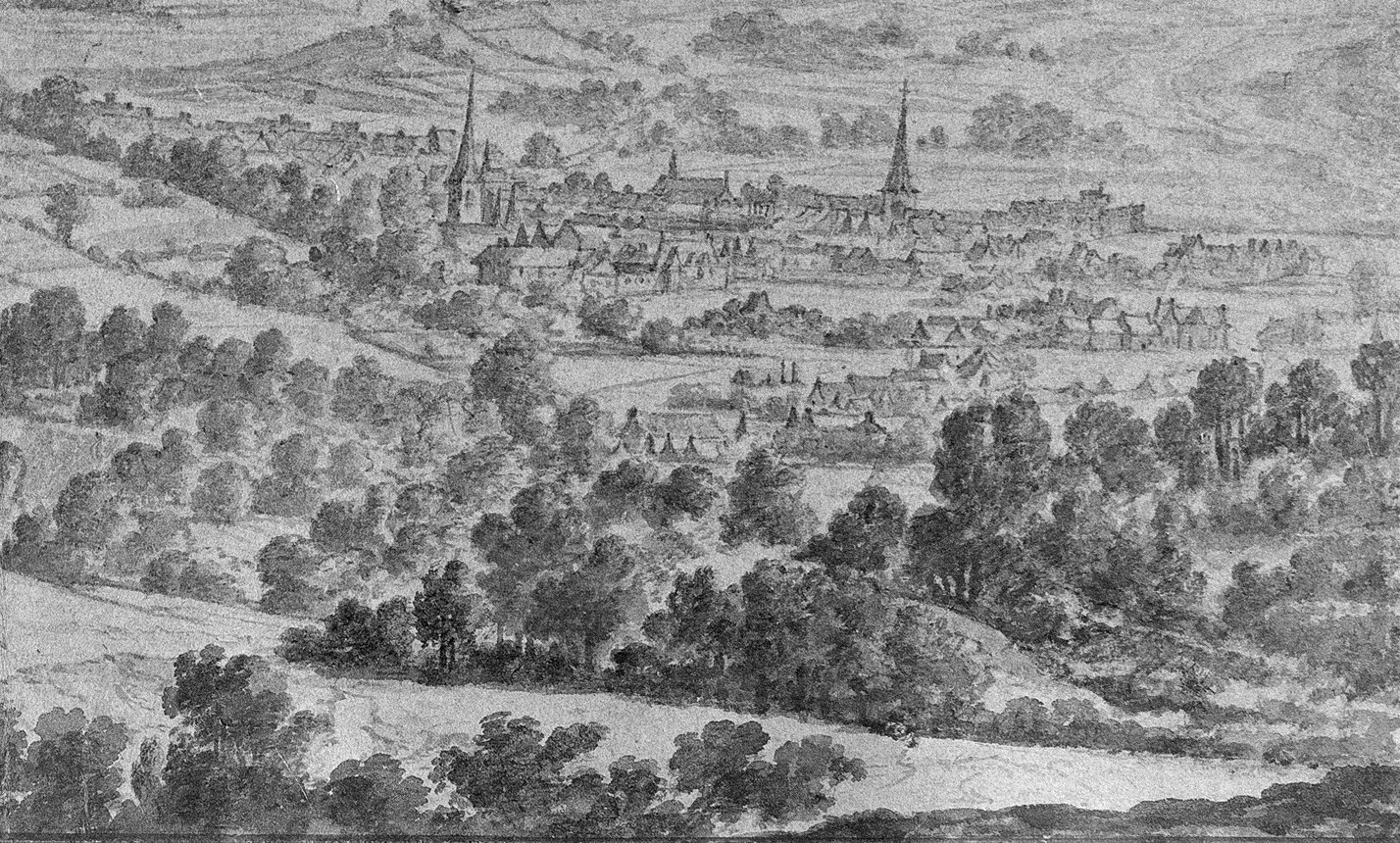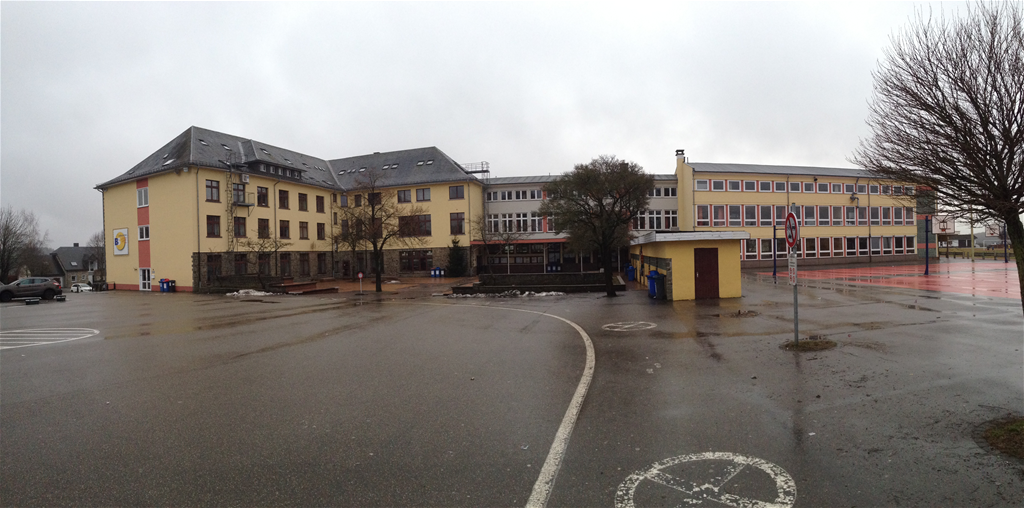The cause was not only to be found in the rural structures of East Belgium. In the province of Luxembourg, likewise very rural, almost 70 percent of men had only a primary school certificate. The main reason was the French language of instruction, which barred hundreds of East Belgians from more advanced school education. In turn, the number of perfectly bilingual A-level graduates was only slightly above the national average. In other words, a small elite, which largely found work outside the region after graduation, was excellently educated to the detriment of many hundreds of young people who were denied a school-leaving qualification and corresponding career prospects for life.
Today, the German-speaking Community is responsible for education. The language of instruction in the Belgian Eifel is German without exception, and the material conditions in the schools are very clearly above European average. The focus is on promoting multilingualism, whereby many young people find learning English much easier than learning French. The neighbouring country of Luxembourg has chosen a different path: in school, lessons are taught simultaneously or alternately in Luxembourgish, German, and French. Following the most recent PISA assessment, some PDG (Parliament der Deutschsprachigen Gemeinschaft, Parliament of the German-speaking Community) parliamentarians complained about too little support for the elite, and many Luxembourg parliamentarians complained that a large proportion of pupils were denied social advancement because they were being overburdened at school. Education policy remains exciting.
Carlo Lejeune/Vitus Sproten
Further reading:
Magali Boemer, Sprache, Unterricht und Macht: Eine historisch-soziolinguistische Diskursanalyse von Zeitungsberichten über die Sprachunterrichtspolitik der Deutschsprachigen Gemeinschaft Belgiens (1919-1989), PhD thesis at Namur University, April 2016.

